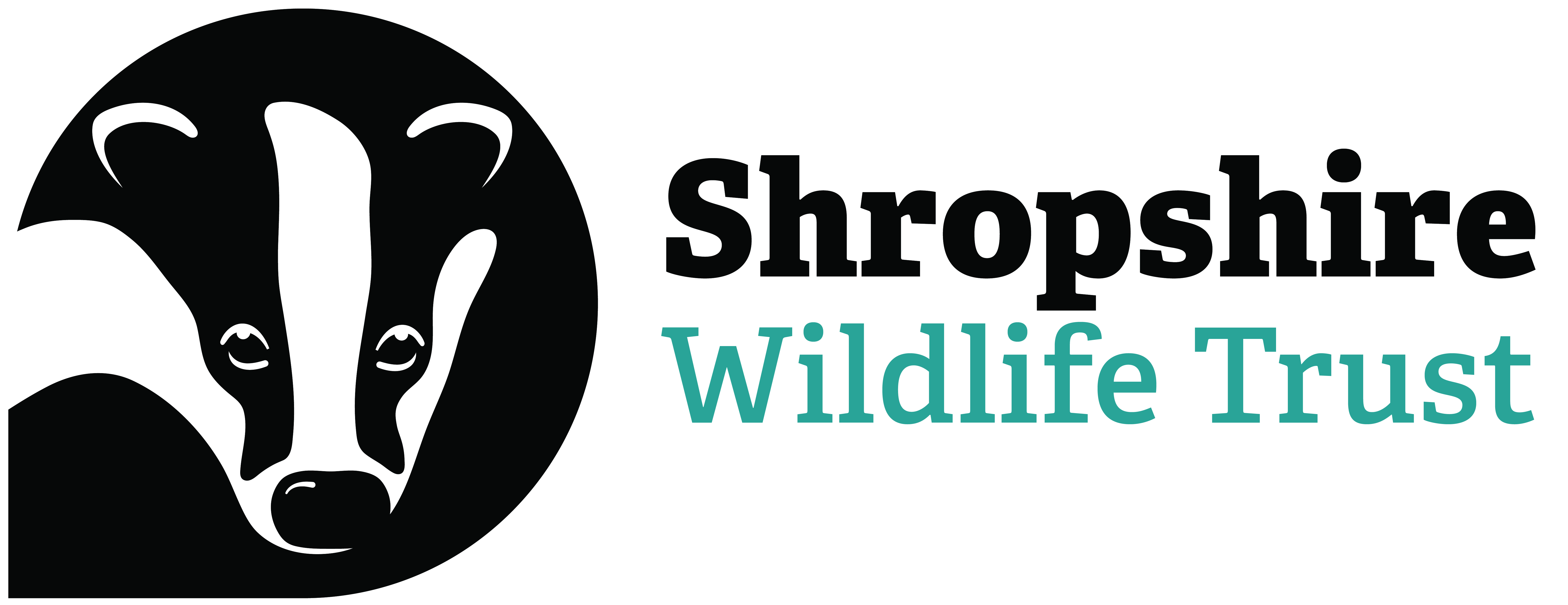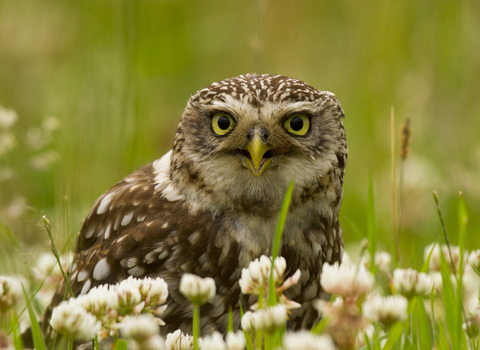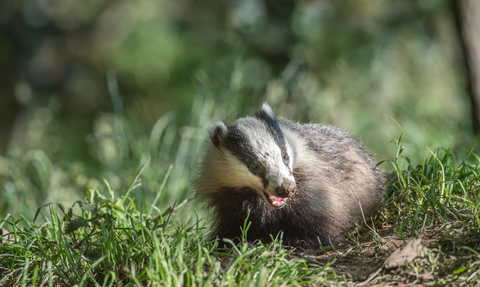
Gillian Lloyd
Wildlife Crime
Protecting wildlife
Wildlife crime can take many forms and it can be difficult to know what constitutes a crime. They can range from organised crimes (such as the trade in endangered species) to people shooting at birds with air guns. We have listed examples below of wildlife crime and if you believe you may have witnessed any of these, please share this information to assist in bringing offenders to justice.
If you witness a wildlife crime taking place please call 101.
Shropshire Wildlife Trust has a strong partnership with West Mercia police who have a small team of dedicated Wildlife Crime Officers. They have issued guidance about what to do if you see or hear about a wildlife crime, you can find it here.
If you have an urgent enquiry about injured wildlife in Shropshire, please contact Cuan House Wildlife Rescue on 01952 728070.
To report a water pollution incident please call the Environment Agency hotline 0800 60 70 80.
Wildlife crime includes:
- poaching
- killing protected species
- disturbing protected species
- damaging the breeding and resting places of protected species
- illegally trading in endangered species
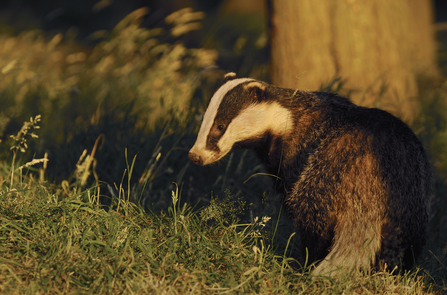
Andrew Parkinson/2020Vision
Badger persecution
Despite being protected under The Protection of Badgers Act (1992), badgers still suffer persecution from those using dogs to dig them from their setts. If you are aware or suspicious that an active sett has been disturbed, please report it. Signs to look for are recently moved earth, human/dog footprints, blood or fur around the sett or objects blocking the entrances to the sett.
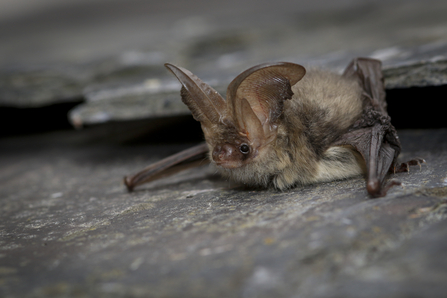
Tom Marshall
Bat persecution
For all bats, their breeding sites and resting places are specially protected by the Conservation of Habitats and Species Regulations 2010 and the Wildlife & Countryside Act 1981. If bats are roosting in roof spaces it is unlawful to disturb or move them. Natural England can provide advice on bat mitigation licences if you need to disturb a bat roost.
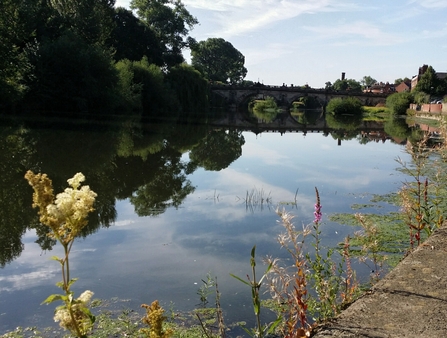
Kirsty Brown
Water pollution
The principal water pollution offences are contained in the Environmental Permitting (England and Wales) Regulations 2010. It is an offence to cause or knowingly permit a water discharge activity which includes contamination through poisonous, noxious, solid waste and sewage released into any inland or coastal water. Water pollution can cause great harm to wildlife and to people's health. To report a water pollution incident please call the Environment Agency hotline 0800 60 70 80.
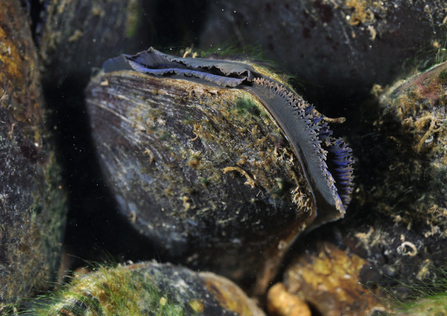
Linda Pitkin/2020Vision
Freshwater pearl mussels
This is an endangered species found only in rivers in Scotland and parts of England including South Shropshire. It is an offence to kill, take or injure these mussels, or to intentionally or recklessly damage or destroy a place which mussels use for shelter or protection.
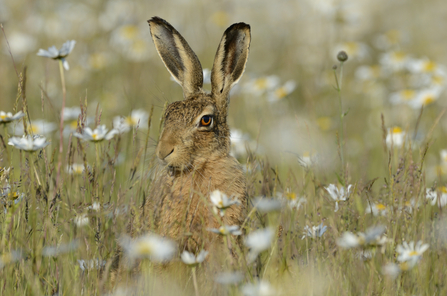
David Tipling/2020Vision
Poaching /coursing
Hare coursing is one of the most common examples of illegal poaching, with dogs used to flush out hares. Signs to look out for if you suspect individuals of deer, hare or badger poaching, are a group of vehicles parked at night in a rural area (by a gateway to a farmland, on a grass verge, on a farm track) which may show evidence of dogs inside. Other indications are suspicious looking road kill or the discovery of bait, traps and snares.
It's not just game that are covered under this. Fishing without a license in private fisheries or rivers is also a poaching offence.
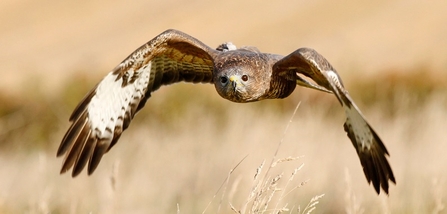
Buzzard - Jon Hawkins Surrey Hills Photography
Raptor persecution
Birds of prey can be targeted due to the perception that they are pests, interfering with crops, farm animals and the breeding of game. They're often targeted and killed illegally with traps, poison or by shooting.
It is an offence for any person to intentionally kill, injure or take any wild birds, however not all traps are illegal so it can be difficult to tell if you find one. Interference with legally set traps or snares is an offence so do not touch them.
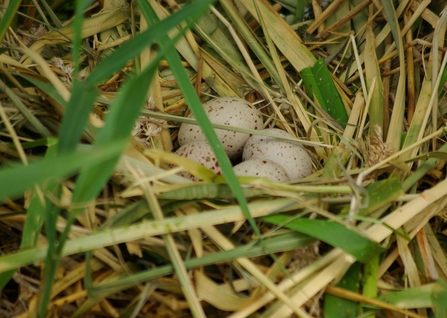
Theft or disturbance of wild birds, their eggs and/or nests
All British birds, their nests and eggs are protected under the Wildlife and Countryside Act 1981, however some 'pest species' can be controlled under certain conditions by authorised people, such as crows or pigeons.
It is illegal to disturb birds during nesting season or to take wild eggs from a nest, for sale or as part of private collections.
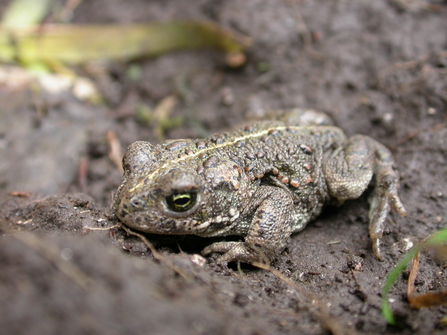
Philip Precey
Theft or disturbance of wild animals, plants or habitats
It is an offence to kill or injure any wild animal listed in Schedule 5 of the Wildlife and Countryside Act, 1981, and it is also an offence to intentionally or recklessly damage or obstruct any place used for their shelter or protection. Some of the species protected under this are red squirrels, bats, water voles, sand lizards and natterjack toads.
The Act also makes it an offence to intentionally uproot any wild plant without the permission of the land owner and sell on the plants.
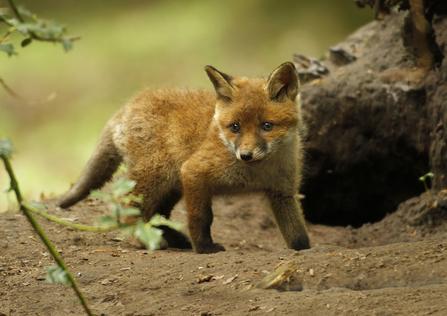
Jon Hawkins - Surrey Hills Photography
Hunting with dogs
As a result of the Hunting Act, 2004 it is now illegal to hunt for a wild mammal with a dog, unless the hunting is exempt. The hunting of rats and rabbits is also illegal unless it is carried out by the landowner or with his written permission.
Some activities which may appear to be hunting, but are not in breach of the Act, include trail hunting, hound exercising and flushing to guns.
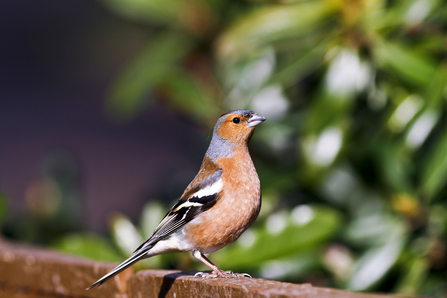
Henry Hogg
Illegal trade in CITES species
The illegal wildlife trade immediately brings to mind exotic species and it's true that the most commonly traded items are elephant ivory, rhino horn, tiger parts and live animals such as primates and reptiles. However, in other countries, UK wildlife can be in demand, such as wild-taken birds that can be sold overseas.
If you see a CITES protected (Convention on International Trade in Endangered Species of Wild Flora and Fauna) plant or animal species, live or in parts, for sale either online or in person, please do report it.
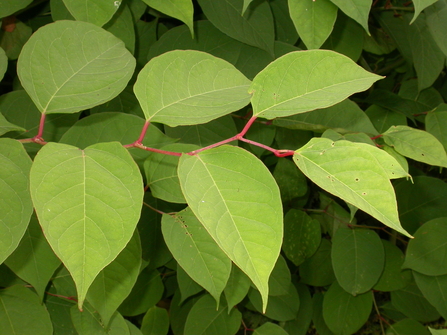
Japanese Knotweed - Philip Precey
Invasive species
It is illegal to dump unwanted invasive non-native species plants and animals into the environment under the Wildlife and Countryside Act 1981. Some invasive species can be very damaging to native species, habitats and to our health as well.
